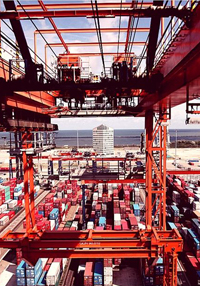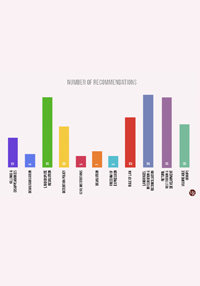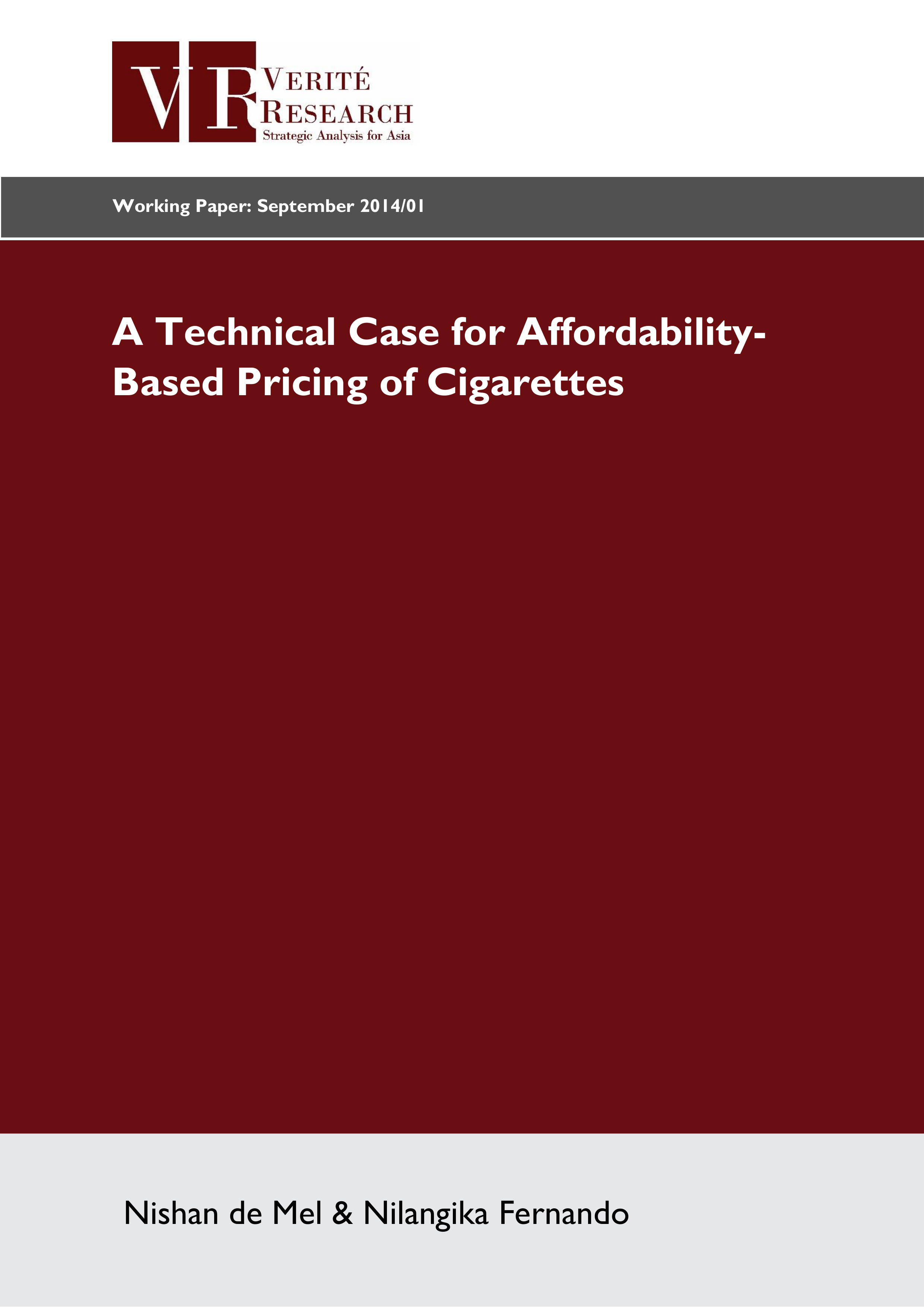This study examines the status of the export finance market in Sri Lanka and identifies the key limitations that prevent export finance from playing a proactive role in promoting exports. It reveals that the access, availability and diversity of export finance in Sri Lanka is limited and the few export finance solutions that are available remain weak and under-utilised. Export finance solutions reduce the risks faced by exporters such as country and commercial risks, encourage diversification into developing country markets, helps SMEs manage short term cash flow issues and allows exporters to attract buyers by offering better payment terms. By doing so, export finance can help promote exports.
Anticipation of voter behaviour in the 2015 presidential election can be informed by the evolution of voter trends in previous elections. Analysis of election results in Uva over the last decade suggests that the war and war-victory created a deviation in voting patterns among UNP supporters. In the opportunities to vote in the early aftermath of the war-victory, a section of the UNP might have been persuaded to cast a ‘gratitude vote’ for the UFPA, especially President Mahinda Rajapaksa. The numbers suggest that in later elections the same voter might have decided to abstain (become a ‘sleeper’) thus making the UNP seem uncompetitive in electoral contests, even while the UPFAs’ vote share ebbed. The 2014 Provincial Council election in Uva signals a return from that deviation towards normal competitive politics.
This report analyses the legal and policy frameworks applicable to domestic workers in Sri Lanka. The report uses global standards of decent work to offer a fresh perspective on the problem and aims to outline a strategy for sustainable reform in Sri Lanka.
Verité Research recently conducted interviews with 22 members of civil society organizations to assess the quantity and quality of research on the subject of domestic workers’ rights in Sri Lanka. While measuring and evaluating current literature on domestic workers, this report sets out a four-pronged hypothesis on why domestic workers’ rights have not featured on the civil society agenda in Sri Lanka.
LLRC Implementation Monitor: Statistical and Analytical Review No. 3 is Verité Research’s latest study on the Lessons Learnt and Reconciliation Commission (LLRC). This report is the outcome of twelve months of monitoring the implementation of the LLRC’s recommendations. The report examines in detail the implementation status of 189 LLRC recommendations. It also provides an initial quantitative analysis of 563 complaints made before the LLRC during its public hearings.
Verité Research recently conducted a survey amongst over 300 local domestic workers and their employers. The survey was conducted in the context of a serious dearth of data and information with regard to domestic workers who work in Sri Lanka. Using ILO Convention No.189 as a frame of reference, this report analyses the findings of the survey and contributes towards better understanding the socioeconomic and cultural factors that promote and prevent decent work conditions for domestic workers in the country.
By 2014, tax revenue from cigarettes accounted for over 4.9% of total government revenue. However, thus far, Sri Lanka’s tax adjustments have been ad hoc, and driven by political and bureaucratic discretion rather than a logical, transparent, and systematic policy.
In this Research Bulletin, we provide a detailed analysis of Sri Lanka’s trade performance during 2013 and the first quarter of 2014. The review highlights the external and internal driversthat shaped Sri Lanka’s external trade developments. The key challenges the country faces in terms of tweaking trade policy to meet the twin objectives of reducing trade deficit and increasing government revenue is discussed in detail. The analysis shows that reducing the trade deficit by curtailing imports may be feasible in the short run, but it will adversely affect government revenue and economic growth.







